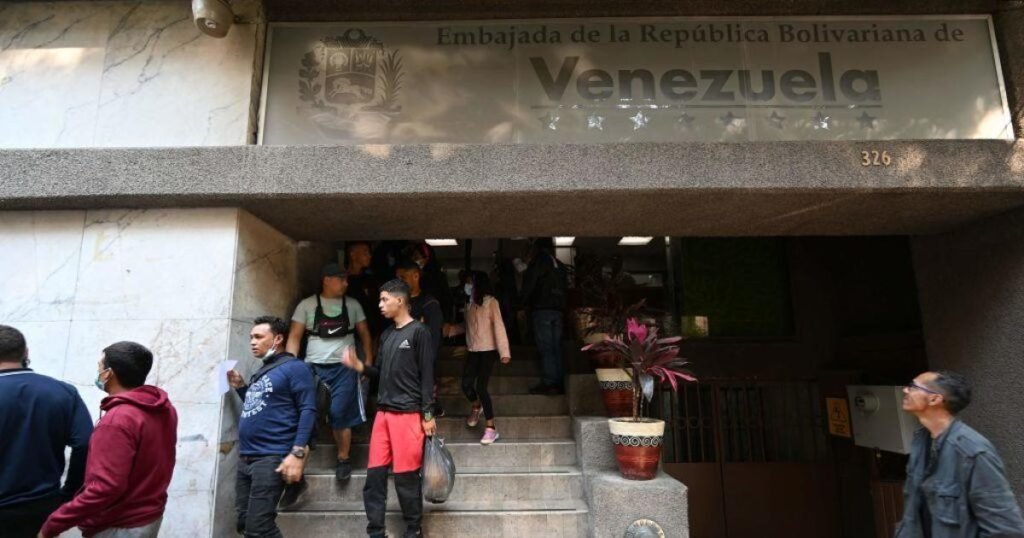The Biden administration is reopening a migrant sponsorship program that was paused earlier this summer due to concerns about fraud. The initiative, first established in late 2022, allows up to 30,000 people from Cuba, Haiti, Nicaragua, and Venezuela to fly to the U.S. each month if U.S.-based sponsors successfully apply to support them. The program led to a significant reduction in unlawful crossings from these four countries before being frozen in July. The Department of Homeland Security is restarting the program with an enhanced screening process for sponsors, including fingerprint submission and closer scrutiny of financial and criminal records.
Sponsors must be U.S. citizens or permanent residents to participate in the program, and the fraud concerns mainly revolved around them rather than the migrants themselves, who also undergo security vetting. While an initial review found that most cases of concern had reasonable explanations, some instances of fraud were discovered, including the use of fraudulent Social Security numbers. The policy, known as CHNV, has been a key element of the Biden administration’s efforts to reduce migrant crossings at the U.S.-Mexico border. Over half a million migrants have arrived in the U.S. under the policy so far, and the government is closely monitoring the new procedures for sponsor vetting.
The CHNV policy allows eligible individuals from Cuba, Haiti, Nicaragua, and Venezuela to fly to the U.S. with American sponsors, where they can apply for temporary work permits under immigration parole law. The administration has justified the policy on humanitarian grounds in response to economic crises and political turmoil in the four countries, as well as a public interest objective to reduce illegal immigration by providing a legal alternative. Republican-led state officials have challenged the program as circumventing legal limits on immigration set by Congress, but a federal judge in Texas dismissed the lawsuit earlier this year.
President Biden’s administration has implemented various measures to regulate immigration, including an app for entry appointments for migrants waiting in Mexico and increased penalties for illegal border crossings. Most recently, access to the U.S. asylum system between legal entry points has been restricted, contributing to a significant drop in illegal crossings this summer. The administration’s strategy to manage immigration has focused on providing legal pathways for migrants while enforcing consequences for illegal entry. The reopening of the CHNV program reflects ongoing efforts to address migration challenges at the U.S.-Mexico border.

